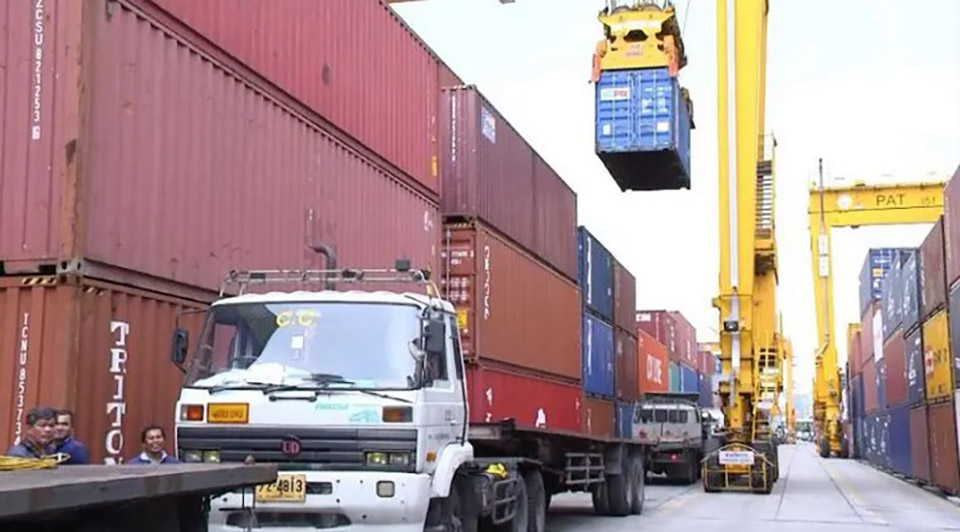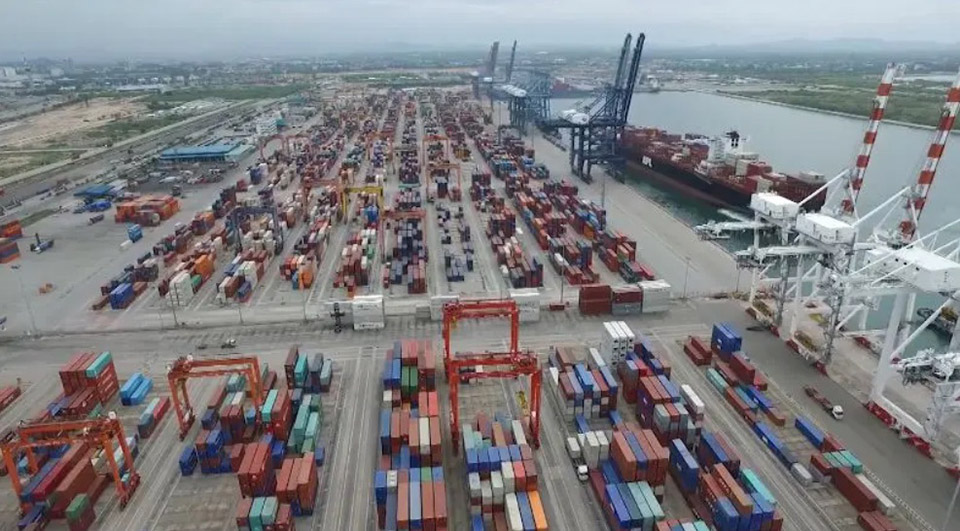
Thai SME entrepreneurs have been urging the government to impose a 7% value-added tax (VAT) on imported goods valued at or below 1,500 baht.
They argue that the current exemption for such goods creates an unfair playing field, as Thai businesses are still subject to VAT on all their sales.
The Ministry of Finance is now considering a proposal to end the VAT exemption for low-value imports. The proposal is expected to be presented to the Cabinet for approval on June 4.
SMEs believe that imposing VAT on all imports will create a more level playing field and help to reduce tax leakage as online orders from foreign countries have increased every year, with tens of billions of baht that the state cannot fully collect taxes on.

Due to the loophole in the VAT law that Thai entrepreneurs see as unfair, online ordered goods imported from abroad not exceeding 1,500 baht per piece do not have to pay VAT, but Thai importers, whether small or large items, have to pay 7% VAT.
They want the government to consider fixing this obstacle. If taxes are collected equally, it will create equality and also prevent dumping of imported goods.
The University of the Thai Chamber of Commerce President, Thanavath Phonvichai, expressed support for the Ministry of Finance’s new policy on value-added tax (VAT) for imported goods. Under this policy, VAT will be collected on imported goods sold online for less than 1,500 baht.
He said that the previous system disadvantaged Thai businesses in two ways. Firstly, businesses buying and selling goods within Thailand had to pay VAT on higher-cost domestic products, making them less competitive. Secondly, businesses importing goods faced corporate and VAT taxes, further hindering their ability to compete with cheaper imports. The new VAT policy, according to him, promotes a fairer playing field based on equality.

The President of the Thai E-Commerce Association, Kulthirat Pakawatchailert, also welcomes the change. She believes it will benefit Thai entrepreneurs by making their products more competitive with cheaper Chinese imports, which currently dominate the online market. She acknowledges that this policy might lead to a slight price increase for consumers, but emphasizes the need for understanding as it allows Thai businesses to operate on a more level playing field. However, she cautions that businesses importing Chinese goods will be directly impacted by the new VAT collection.
The Ministry of Finance has acknowledged that ending the VAT exemption will not be easy, as Thailand is bound by international trade agreements. However, the Ministry believes that the benefits of the change outweigh the risks. (TNA)









